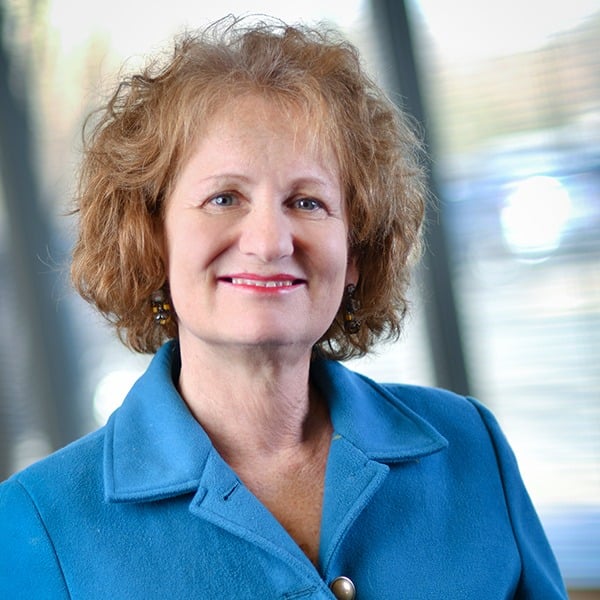
In the face of research showing the medical profession is rapidly aging (see our blog post "Projections on the Graying of the Physician Labor Force" for more details), there have been a number of initiatives to establish regular testing of physicians’ mental and physical fitness as they age—to make certain their cognitive acuity and, especially in the case of surgeons, their manual dexterity are adequate for patient safety and optimal outcomes. The result, in many cases, has been controversial.
Two such initiatives include:
- Stanford University’s Late Career Practitioner Policy, established in 2012, requires physicians over the age of 75 to undergo a health screening every two years, along with an assessment of their clinical skills by peers. It was declared discriminatory by the Stanford faculty senate in 2014, but remains in place.
- The voluntary Maintenance of Certification (MOC) program of the American Board of Medical Specialties (ABMS) uses periodic testing, performance evaluations and other measures to evaluate physician competence. It has faced pushback from physicians who say the exams don’t focus on the right criteria for maintaining public trust in physicians’ competence and are overly time-consuming, costly and stress-inducing. Legislation restricting the use of the tests for privileging, reimbursement and/or licensure have been introduced in 26 states and passed in seven.
The Controversy in Testing
The MOC is an example of all-age testing, designed to avoid the issue of age discrimination. But given the resistance to this voluntary program, Paul Schenarts, MD, a trauma surgeon and professor at the University of Nebraska College of Medicine in Omaha, calls mandatory all-age testing, “completely impractical.” Speaking to Reuters, he adds he doesn’t know at what age to start such evaluations.
The good news is the contention paves the way for serious discussion. In the absence of agreement on these issues, discussion continues on the best ways to treat patients and physicians safely and fairly as the profession ages. In a Medscape Medical News article, two experts and co-authors of a paper on the issue call for a wide-ranging discussion. "I think we need to have these discussions because of the aging of our field," says Iqbal Ahmed, MD, Departments of Psychiatry and Geriatric Medicine at the University of Hawaii, Honolulu, and past president of the American Association for Geriatric Psychiatry (AAGP). "It's a matter of how do we recognize [a problem] and how do we address it? Should there be a policy put into place? That's not to say that there's only one way, but we need to talk about how best to do it.”
"The focus should not be on people who are not performing,” says James M. Ellison, MD, Swank Foundation Endowed Chair in Memory Care and Geriatrics at Christiana Care Health System, Wilmington, Delaware. "The focus is on helping the whole profession make appropriate plans for the eventual transition from active practice.”
Our article, "The Challenges and Opportunities of the Aging Physicians," provides additional insights and strategies for assisting your transitioning physicians still eager to practice.
We Can Help
Interested in learning more about effective strategies to encourage well being in your organization? Visit our Physician Well Being Resources page today!


